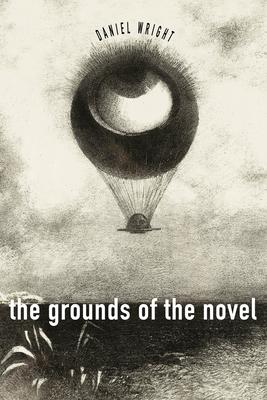What grounds the fictional world of a novel? Or is such a world peculiarly groundless? In a powerful engagement with the latest debates in novel theory, Daniel Wright investigates how novelists reckon with the ontological status of their works. Philosophers who debate whether fictional worlds exist take the novel as an ontological problem to be solved; instead, Wright reveals the novel as a genre of immanent ontological critique.
Wright argues that the novel imagines its own metaphysical "grounds" through figuration, understanding fictional being as self-sufficient, cohesive, and alive, rather than as beholden to the actual world as an existential anchor. Through philosophically attuned close readings of novels and reflections on writerly craft by Thomas Hardy, Olive Schreiner, Colson Whitehead, Virginia Woolf, Zadie Smith, Henry James, and Akwaeke Emezi, Wright shares an impassioned vision of reading as stepping into ontologically terraformed worlds, and of literary criticism as treading and re-treading the novel's grounds.
